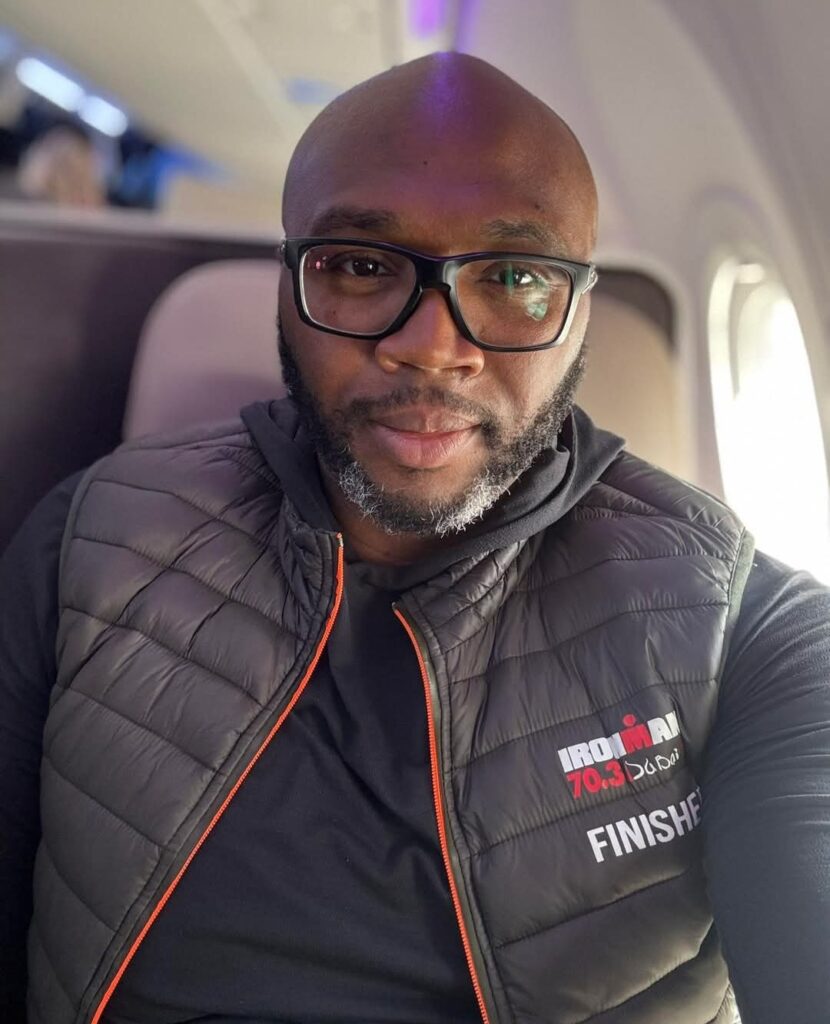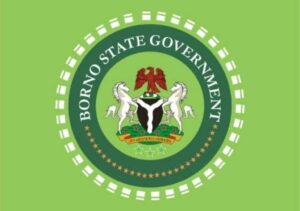Jason Njoku, the founder of iROKOtv, recently opened up about the challenges he faced while trying to run the streaming platform in Nigeria. He shared his experiences and lessons from trying to build a successful paid video service in the country.
On his personal blog, Njoku.org, he revealed that iROKOtv had invested about $100 million into the Nigerian market. Sadly, this investment didn’t bring the results they hoped for, and he now sees it as a costly mistake.
Njoku said that although the company was founded in 2011 and launched in 2015, it spent its first ten years just trying to survive. The business struggled to grow and make profits during that time.
He explained that iROKOtv was constantly under pressure from much bigger international platforms like Netflix, Amazon Prime, Showmax, and Iflix. Competing with these companies made things even more difficult for iROKOtv.
In March 2025, Njoku wrote a blog post titled “STREAMING IN NIGERIA. DID THE MARKET WIN?” It didn’t get much attention at the time, but now people are discussing it again. This happened after a Nigerian court froze Njoku’s bank accounts due to financial problems.
In the article, Njoku admitted that after years of effort, they had to accept that most Nigerians were not willing to pay for streaming services. Because of this, they decided to stop offering iROKOtv in Nigeria and move on from the market.
Jason Njokue wrote:
“Iroko’s first funding was in August 2011; our mandate was to build a large streaming business in Nigeria.
“Tiger Global believed that one of the largest growth areas would be online entertainment, and like most content, the winners would be local content in large domestic markets.
“They invested $200 million in Netflix back in 2010 and then invested in IVI in Russia, YY in China, Netmovies in Brazil, and us in Nigeria.
“With super-expensive data bundles and inelegant payment options (I remember waiting for Interswitch to enable us to integrate), our market took a while to mature. In most opportunities, you can be too early or too late; only in hindsight can you gauge when the best time to strike would be. iROKOtv was very early when we launched in 2011, but we were fortunate that there was a ready-made international market in the diaspora who were willing to pay and able to overcome any technical hurdles (payment/bandwidth/devices) to enable us to at least generate a sizable income.
“We actually waited until 2015 (four years post-launch), building the product, securing a sizable content library, and assembling a team to attempt to take on Nigeria and Africa. Between the revenues we generated and the venture capital we raised ($35 million) over the first ten years, we easily spent $100 million trying to win.
“But we weren’t winning; we weren’t really losing either. We were just there, in full survival mode, operating in the toughest conditions possible. Streaming, even domestically, is a scale game.
“Africa wasn’t immune to those costs. It’s incredibly expensive across marketing, content, delivery, and product platforms. Our largest, most serious competitors were Showmax, Netflix, Amazon, and Iflix. Collectively, they easily invested $1 billion or more from 2015 to 2023.
“During that period, we often had tense board meetings about why iROKOtv wasn’t succeeding; it was challenging to feel that all my hard work and dedication were constantly reduced to ‘you’re not doing enough’.
“We have been, and remain, the most aggressive in trying to distribute content across Nigeria—deploying hundreds of manned kiosks, teams of outbound contact centre agents, creating agency networks, adjusting our product to prioritise Android downloads, and pioneering peer-to-peer file sharing.
“At one point, it dawned on me, and I finally shot back in a board meeting: if iROKOtv was losing, could they point to someone who was beating us? In the startup world, that’s usually the outcome of underperformance.
“You are simply being out-executed by a better-capitalised or higher-performing startup. In this case, there simply wasn’t anything anyone could point to to establish that.
“So my simple assertion was that the market was winning. In 2019, we went out to fundraise; for the first time, we used a bank, Stanbic IBTP, to support that.
“We were looking for $10-20 million to keep pushing into and across Africa with our outbound, agency, and kiosk models.
“I believed my tales of survival would inspire the (primarily) PE investors that we were going to be the eventual winners in a brutal, long-fought civil streaming war. Instead, they all largely concluded that perhaps there was no market there, that the unit economics were simply not viable at any reasonable scale.
“What they were all interested in was the ROK content, TV channels, and distribution business. It was straightforward (fewer than 30 employees), had clear revenue recognition (billion-dollar paid TV platforms – DStv, Multichoice, SKY, etc., with 3-5 year contracts in non-local currencies), and was amassing a sizable IP library funded by the same paid TV platforms. Once we separated out ROK, it was clear where the value lay in Iroko. It represented 80% of revenues and 25% of costs. EBITA margins of 35-40% were achieved without even realising it.
“The outcome of that fundraise was the $25 million partial exit (Iroko sold her shares; Mrs Njoku remains a significant shareholder in the studio) to Vivendi/Canal+.
“We closed in July 2019.
“Before the end of 2019, we had distributed $5 million as a special dividend and were primed to take on the world.
“Then COVID-19 happened. Streaming temporarily boomed in the West (our North American business tripled in subscriber growth), while Nigeria closed borders and grappled with peculiar economic principles (devaluations, FX windows, etc.).
“The local market in Nigeria simply collapsed. We saw it and stubbornly decided to keep investing and doubling down until we were all tapped out, having burnt through most of the post-exit capital.“Showmax alone continues to pour tens, if not hundreds, of millions to make it work. But the global giants tapped out last year; their costs (content and marketing) were clearly unsustainably high, and their product needed to be localised to make sense and actually work; it’s just not how platforms sustainably scale.
“So I wasn’t surprised when either Amazon or Netflix rolled back their considerable investments in Nigeria. $5/mo is a luxury I doubt even 250k can reliably afford in Nigeria.
“You can see the impact of what GOtv and DStv are suffering at the hands of the market. It’s okay that we tried and failed. It’s okay that we accept the limitations in the domestic market we find ourselves in. Did it need $1B+ to figure this out?
“Absolutely not. I believe, with my newfound knowledge, that iROKOtv could have reached the same conclusions with $5-10 million versus the $100 million+ we ended up investing.
“In hindsight, streaming wasn’t the winning model for Nollywood in Nigeria. Content, channels, and distribution were.
“With the economics that business had in 2018, we could have shut down iROKOtv and her $5 million/year in losses and either listed it or just had a fantastically profitable business.
“But I was a believer and walked away from millions of dollars in personal liquidity to put it all in to build streaming in Africa.
“My lessons were expensive, and that’s why I am so consistent in telling founders not to over-raise.
“I am not surprised by the story of Obi from Kobo360; I lobbied him pre-$30m raise not to raise too much capital or later on to seek a merger with his nearest competitor whilst they were engaged in a brutal price war.
“The unit economics and payment cycles were brutal, and capital wasn’t going to dramatically change the market dynamics, and it appeared that no one was really going to win that market. It’s only with deep, lived, and expensive experience that I can glance at unit economics coldly and get a feel for whether, with the usual macro turbulence, a startup has a better chance at long-term success.
“Nigeria is currently a massive drag on the entire operating business of Multichoice. Their most recent H1 reports indicate. Reminder that this is the largest pay platform in Africa, which is currently being acquired in a $2.8B deal.”







